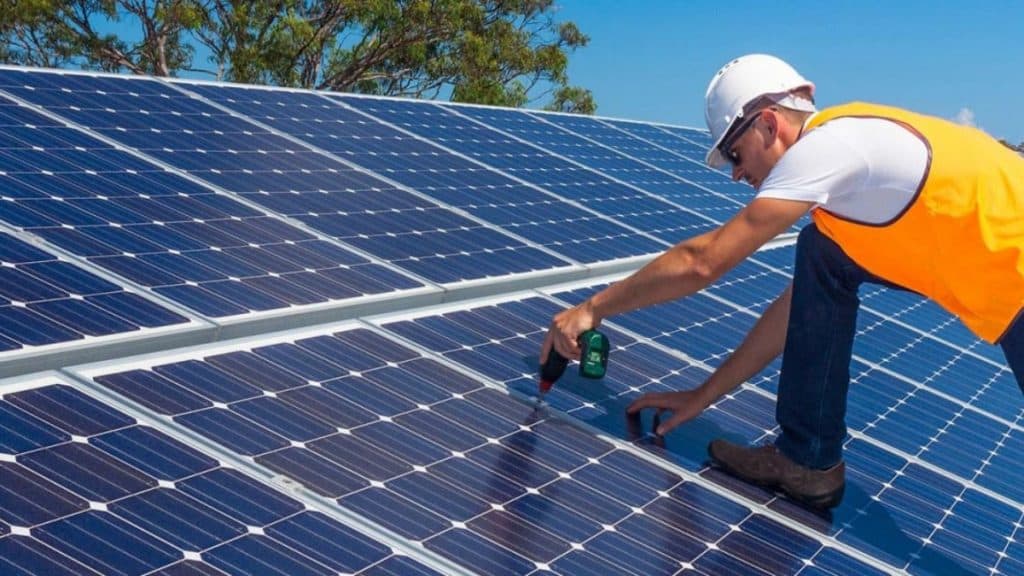Switching to solar energy can seem complicated and overwhelming, especially if you are brand new to solar power. But if you want to switch because it is environmentally friendly and less expensive than energy derived from burning fossil fuels, here are some answers to frequently asked questions to help get you started:
What is my Solar Potential?
While the sun shines on all of us, it obviously shines more in some parts of the world than others. And the farther away from the equator you get, the more you are affected by seasonal changes.
How much sun you get will make a big difference on how you can use solar power. You can use online tools to help you determine your solar potential.
Can I run my Entire house on Solar Energy?
Advances in solar technology and battery technology have made it much easier to create a system that will run an entire home on solar power.
However, this can be more difficult depending on where you live. In cloudier areas, such as the Pacific Northwest, there can be periods of time where direct sunlight is not available for days. Creating a solar system that takes your location and energy needs into account is critical.
How Energy Efficient is my Home?
It’s a great idea to assess the energy efficiency of your home, regardless of whether or not you are planning on switching to solar. There are many ways that you can save yourself money when you take a look at where your home energy is being spent.
There are many reputable companies that will do an energy assessment, but you can also complete a DIY energy assessment. Also, be sure to research energy efficient appliances and look for more ways to save energy.
How much Energy does my Home Use?
Estimating your solar electricity needs is as simple as checking your electric bill and determining your usage of kilowatt-hours. (kWh) Since not every time of year is equal, make sure to review your energy usage in terms of the time of year because there is less solar energy available in the winter, while heating needs are greater at that time of year.
Depending on where you live, your greatest energy needs might be in the summer, during the day, because air conditioning is one of the biggest electricity consumers in the home.
How many Solar Panels do I need to have to Power my Home
Thirty years ago, calculating the number of required solar panels was a little more difficult. Now, there are sophisticated online tools to assist you. PVWatts is an online tool developed by a division of the U.S. Department of Energy that helps you estimate the number of panels you need and calculates a system for you, using advanced parameters like array tilt and inverter efficiency.
How much does a Solar System Cost?
The initial cost of a solar system can be a deterrent for some people. But solar systems pay for themselves over time by saving you money on your electric bill each month. And you can also take advantage of incentive programs.
Solar panels last a long time, too. They are designed to create maximum electrical output for 25 to 30 years and there are solar panels that are older than that still working today. It is estimated that a solar system will take about 5 to 15 years to pay for itself, which means that a system will provide many years of free, clean electricity.
The cost of a solar system varies widely on your electricity needs and whether or not it will be your only source of power. Still, homeowners can expect to see initial outlays of between about $9,000 and $28,000 for modern solar systems, with the average price of a solar system being about $18,500.
How do I Use Tax Credits for Solar Improvements on my Home?
Current federal policy has made tax credits and incentives available for people that install solar systems in their homes. Before you design and purchase your system, investigate the tax credits available and keep track of your expenses.
Here are some of the expenses that are included in the Federal Tax Credit for Photovoltaics:
· Photovoltaic solar panels
· PV panels used to power an attic fan
· Contractor labor costs, including permit fees and inspections
· Wiring, inverters and mounting equipment
· Energy storage devices
· Sales tax on expenses
How can I Learn More?
There are many resources available on the internet about solar energy and solar panel systems. Some of the most popular websites are solarenergy.org, energy.gov and geostellar.com.
Also, don’t be afraid to take an online course. There are several available that will teach you everything you need to know about solar energy. Solar panel systems are a big investment and it is smart to know as much as you can about them.

